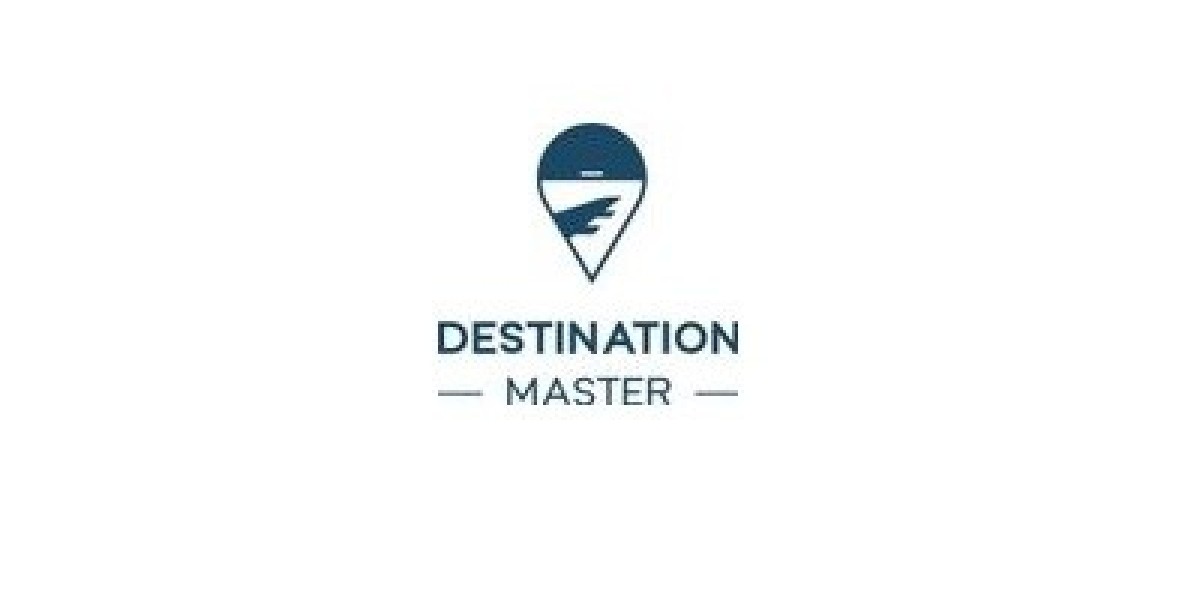In the realm of education, the Montessori approach has emerged as a beacon of innovation, fostering a unique and child-centric learning environment. Montessori schools, named after Dr. Maria Montessori, an Italian physician and educator, have gained popularity for their distinctive philosophy that places the child at the center of their educational journey.
Understanding the Montessori Philosophy:
Montessori education is grounded in the belief that each child is a unique individual with innate abilities and potential for learning. The approach encourages independence, self-directed learning, and a deep respect for the child's natural developmental stages. Unlike traditional educational systems, Montessori schools emphasize hands-on, experiential learning and provide a carefully prepared environment that stimulates intellectual, emotional, and social growth.
The Prepared Environment:
At the heart of Montessori education is the concept of a prepared environment. Classrooms are meticulously arranged to facilitate learning through exploration and discovery. Educational materials are carefully chosen to promote sensory experiences, fine and gross motor skill development, and cognitive understanding. Children are encouraged to move freely within the classroom, selecting activities that align with their interests and developmental needs.
Mixed-Age Classrooms:
Montessori classrooms typically feature mixed-age groups, allowing younger children to learn from their older peers and vice versa. This structure promotes collaboration, empathy, and a sense of community among students. Older children often become mentors, assisting younger ones in their learning journey, and fostering a sense of responsibility and leadership.
Child-Centered Learning:
In a Montessori school, the teacher assumes the role of a guide, observing each child's progress and tailoring the learning experience to meet individual needs. The curriculum is flexible, allowing students to explore subjects at their own pace and delve into areas that capture their interest. This personalized approach nurtures a love for learning and helps children develop a strong foundation for future academic pursuits.
Building Life Skills:
Beyond academic achievement, Montessori childcare places a strong emphasis on the development of life skills. Practical life activities, such as pouring liquids, tying shoelaces, and buttoning clothes, are integrated into the curriculum. These activities not only enhance fine and gross motor skills but also instill a sense of responsibility and independence.
Parental Involvement:
Montessori education values the partnership between parents, teachers, and the child. Regular communication and collaboration are encouraged, creating a supportive network for the child's overall development. Parents are often invited to participate in classroom activities and gain insights into childcare Montessori near me.
Conclusion:
Choosing a Montessori Preschool for a child's education is a decision rooted in a commitment to holistic development. The Montessori approach not only cultivates academic excellence but also fosters independence, creativity, and a lifelong love for learning. As more parents seek alternative educational models that align with the individual needs of their children, Montessori schools continue to stand out as a beacon of progressive and child-centric education.
Source Url :- https://sites.google.com/view/daisymontessorischoolorgh/home








